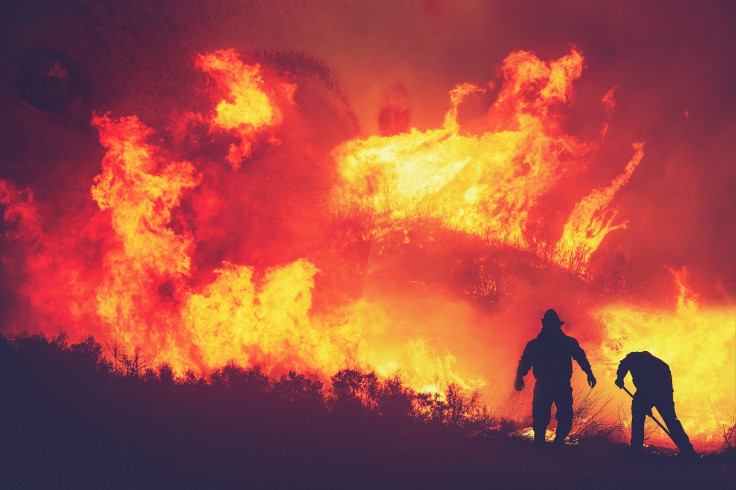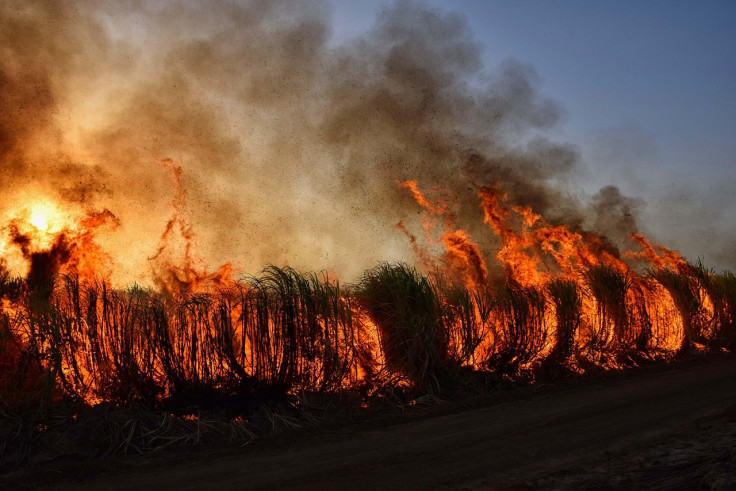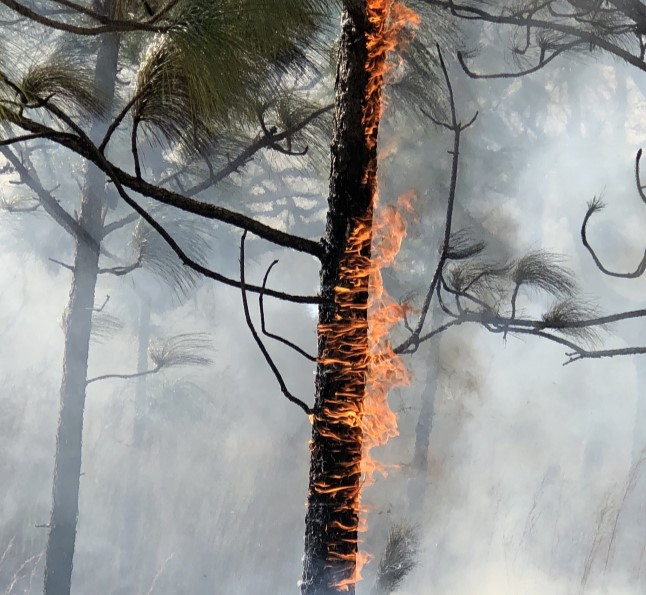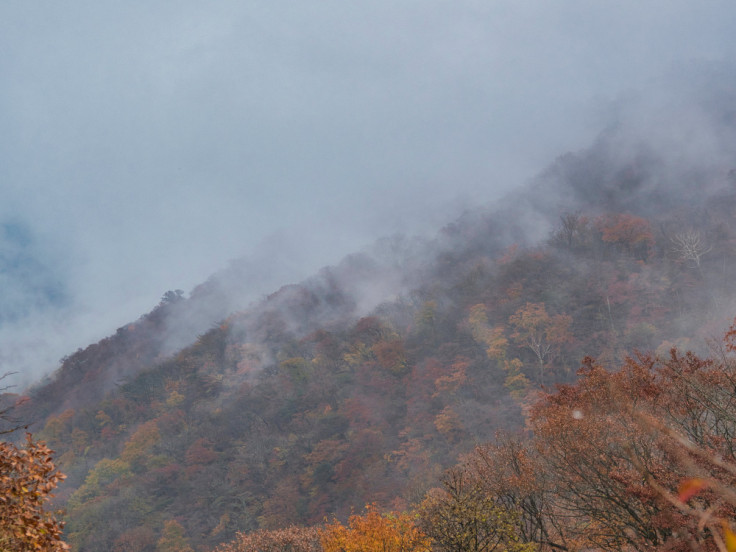Canadian Wildfires Rage Amid Record Heatwaves: What This Means for Climate Change and Public Health
Record-breaking wildfires and scorching heatwaves are gripping Canada, raising urgent concerns over climate change, air quality, and public health

Canada is grappling with one of the most severe wildfire seasons in its history, with more than 16.3 million acres burned across the country in 2025. This staggering figure, coupled with unrelenting heatwaves, paints a grim picture of the country's environmental and health challenges—and highlights the deepening impact of climate change.
As fires continue to rage across multiple provinces, their reach extends well beyond Canada's borders, with dangerous levels of smoke drifting into the United States and affecting millions.
A Record-Breaking Wildfire Season
As of early August 2025, more than 165 large wildfires remain uncontained across several Canadian provinces, including Saskatchewan and Manitoba. These fires have been fueled by prolonged drought conditions and above-average temperatures, creating ideal conditions for wildfires to spread rapidly.

The Canadian Interagency Forest Fire Centre reports that approximately 200 fires are actively burning, consuming vast areas of forested land. This situation is compounded by the fact that many of these fires are occurring in remote areas, making firefighting efforts more challenging and resource-intensive.
Climate Change: A Driving Force
Experts attribute the intensity and frequency of this year's wildfires to human-induced climate change. Research indicates that climate change has made extreme heat events in Canada at least two to ten times more likely, significantly increasing the risk of wildfires.

The Climate Shift Index, a tool developed by Climate Central, has recorded daily average temperatures reaching levels that are considered extreme for central Canada. These elevated temperatures, combined with dry conditions, have created a 'perfect storm' for wildfire ignition and propagation.
Health Impacts: Beyond the Flames
The health implications of these wildfires extend far beyond the immediate danger of the flames. Smoke from the wildfires has drifted across North America, affecting air quality in major cities such as Toronto, Chicago, and Minneapolis. In some areas, air quality indices have reached levels classified as 'very unhealthy,' prompting health advisories and warnings.
Exposure to wildfire smoke can lead to a range of health issues, including respiratory and cardiovascular problems. Studies have shown that living near recently burned forests can increase the risk of developing lung cancer and brain tumours by 4.9% and 10%, respectively.
Vulnerable populations, such as children, the elderly, and individuals with pre-existing health conditions, are particularly at risk. Health authorities recommend limiting outdoor activities, using air purifiers indoors, and wearing N95 masks when exposure to smoke is unavoidable.
Environmental Consequences: A Changing Landscape

The environmental impact of these wildfires is profound. Scientists warn that the frequency and intensity of wildfires are altering Canada's ecosystems, potentially leading to irreversible changes in the landscape. Specific tree species may struggle to regenerate in areas that have experienced repeated fires, resulting in long-term ecological shifts.
Moreover, the loss of forests contributes to a feedback loop that accelerates climate change. Forests act as carbon sinks, and their destruction releases the carbon dioxide they have stored into the atmosphere, further exacerbating global warming.
Looking Ahead: Preparedness and Action
As Canada grapples with this unprecedented wildfire season, experts emphasise the need for comprehensive strategies to mitigate the effects of climate change and protect public health.
This includes investing in wildfire prevention and response infrastructure, enhancing public awareness of health risks associated with smoke exposure, and implementing policies to reduce greenhouse gas emissions.
The current wildfire crisis serves as a stark reminder of the urgent need for global action on climate change. Without significant efforts to address the underlying causes, the frequency and severity of such events are likely to increase, posing greater risks to both human health and the environment.
The 2025 wildfire season serves as a potent reminder that climate change is no longer a distant threat—it's unfolding now, with consequences felt across borders and generations.
© Copyright IBTimes 2025. All rights reserved.





















